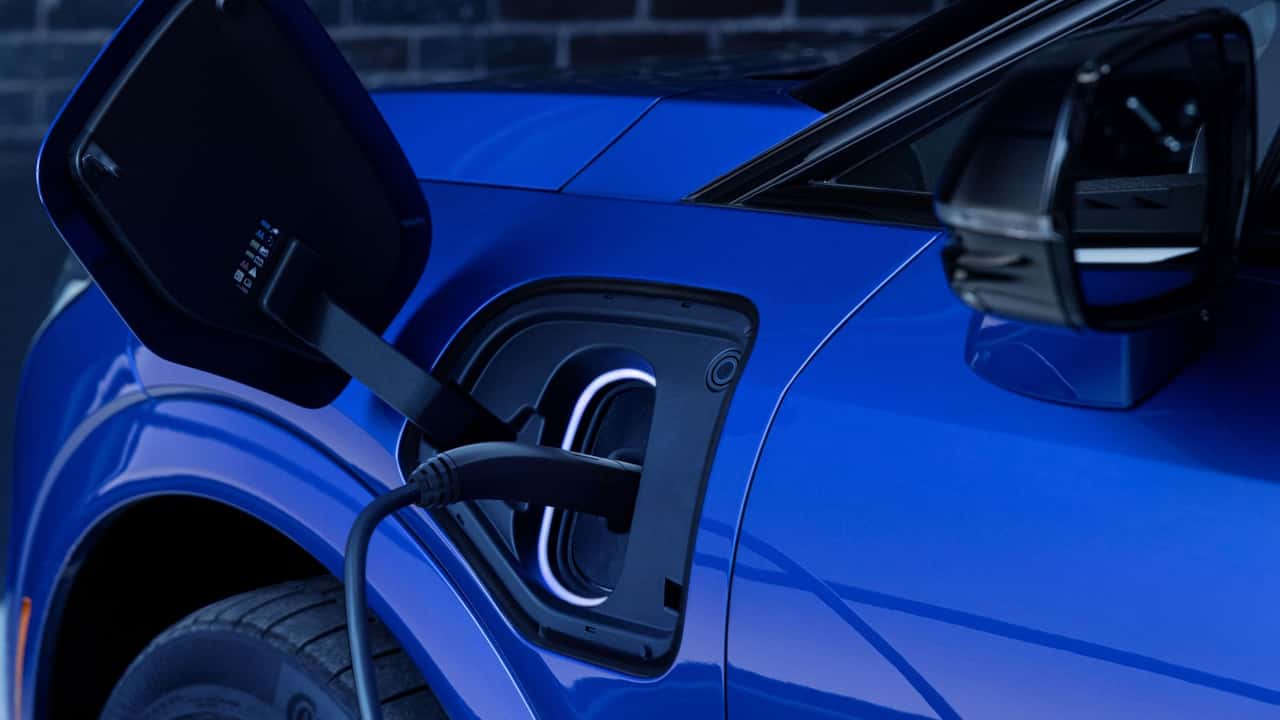
- BCG released a survey detailing the state of EV demand around the world.
- Just over a quarter of combustion and hybrid car owners in the U.S. say they would never buy an EV.
- But it’s mostly old people who say that, signaling a strong future for EVs.
Getting a handle on electric vehicle demand has proved a lot more difficult than car companies thought. That’s why you see carmakers slashing their plans left and right. They thought more people would line up for electric cars, and now they’re paying the price. Even the electric Ford F-150, once thought to be a no-brainer home run, is reportedly on the chopping block.
One recent study paints a rather dark picture of EV appetite—at least on its face. According to a new Boston Consulting Group survey, 28% of Americans who own an internal-combustion engine (ICE) vehicle or a hybrid would never switch to a battery-electric vehicle (BEV). The firm calls these people “never BEVers.”
Now, especially in an era when car companies are pumping the brakes on EVs and the skeptics are taking a victory lap, that sounds like a strong sign that the entire electric transition is going nowhere fast. However, as BCG notes, when you break things down by age group, things start to look a lot brighter.
As it turns out the “never BEVers” skew heavily toward the older end of the spectrum. Thirty-nine percent of respondents 61 or older said they would never buy an electric car. However, in the 18-to-30-year-old demographic, that drops to just 10%. There’s good and bad news for the EV market here.
The good news is that nine-in young people are open to EVs, and this is the demographic that will drive car sales long-term. The bad news is that they aren’t in a position to put their money where their mouths are and actually buy these stubbornly expensive electric cars. Baby Boomers—the exact age group that’s shunning EVs in large numbers—are America’s wealthiest age group.
In China, where the EV market is years ahead of the West, just 6% of respondents said they would never buy a BEV.
“A surprising share of consumers remain adamantly opposed to BEVs, particularly in the U.S. and Europe,” the authors wrote. “Over time, however, BEVs will likely secure greater ownership given that younger generations are more likely to favor them.”
The BCG report also reaffirms another reason why we’re likely to see EV sales grow over the long term, even if the U.S. has hit a period of disillusionment right now: EV owners overwhelmingly stay loyal to EVs.
That’s something we’ve learned in study after study. But the consulting firm paints a more detailed picture by surveying owners of many powertrain types globally. As it turns out, the higher up the electrification ladder a person goes, the more interested they are in going all-electric.
Among ICE drivers, 15% plan to buy an EV as their next vehicle. (The same percentage want a plug-in hybrid, and the same percentage want a hybrid.)
Among drivers of conventional hybrids, that figure rises to 20%. Twenty-eight percent of plug-in hybrid owners plan for an EV to be their next car purchase. And while all car owners are partial to their current powertrain choice, EV owners are the most loyal, with 71% of them intending to stick with battery power. Only 14% plan to buy an ICE car as their next vehicle.
It may be hard to suss out exactly how many people are prepared to take the plunge and go electric. But the results are clear: Once a person kicks gasoline to the curb, they’re unlikely to come crawling back.
Contact the author: Tim.Levin@InsideEVs.com

